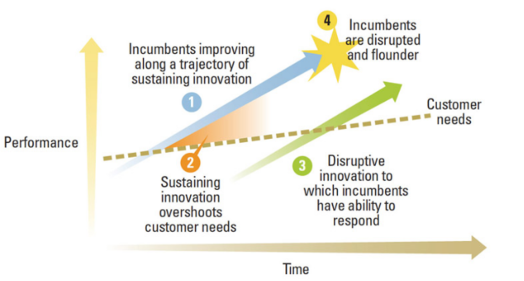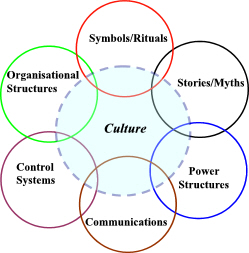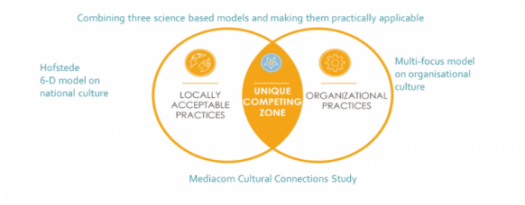It can be argued that everyday we set a goal, to be happy at the end of the day or to do some study for an exam. Most of those are quite easy to manage. However particularly at university, goals starts to be more significant, difficult to manage and particularly to set. In this blog post I will discuss some methods that may help you to keep on track with all your dreams, but also to know which they are.
Step 1 How to set a goal?
There are many types of goals, during university life we may divide them in: careers, study and life, for example. An example of the former may be becoming a marketing manager.
Step 2 Goal characteristics

As written on this blackboard it is very important that our goals are:
Specific and Measurable: so using the previous example, just saying that we want to be a marketing manager can be too general. We may ask to ourselves: do we want to work for an international company or a smaller one? Which are the #top 3 company we want to work for? Which are the specific roles in the marketing department of this companies? Narrowing down can really help us to fully achieve our goal and focus our effort.
Attainable: can we, aim to be a marketing manager considering our background, maybe studies etc. Are we considering only big companies in which we want to work for, is it possible for us to really work there?
Relevant: is our goal relevant with what we are doing?
Time-bound: very important aspect when talking about setting goals is to decide when we aim to achieve that goal, this will help as particularly with the tracking of our efforts and knowing how to divide it, and how much time we need to spend on it.
Step 3 – success, achieving our aim

As the quote states, success is a journey, this may also mean that if we plan everything to achieve our goal we have done the most important part, and we have learned from it. It is significantly important to plan, in fact as Benjamin Franklin states ‘If you fail to plan, you are planning to fail.’ When setting and trying to achieve goals, it is fundamental to keep in mind our priorities and work the most on what comes first, instead of losing our focus and aim, by working on too many things, not as equally important, at the same time.






 Cons:
Cons:


















